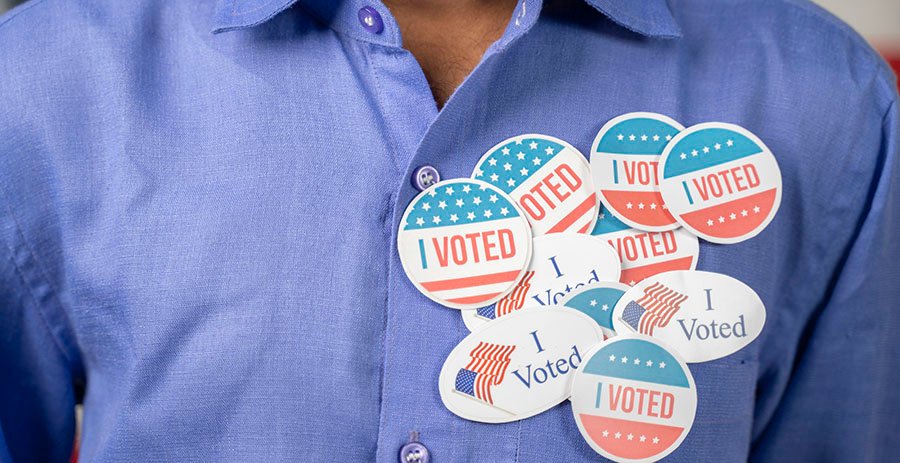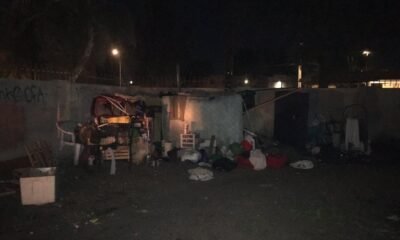2024 Election News
Republicans Protest Exclusion of Green Candidate from Senate Debate

A Republican-led Senate panel has initiated an investigation into the Citizens Clean Elections Commission’s decision to exclude the Green Party’s U.S. Senate nominee from an upcoming televised debate.
Sen. Jake Hoffman, who chairs the Government Committee, is questioning a new regulation that permits only candidates receiving at least 1% of all primary votes to debate during the general election. This threshold translates to approximately 12,400 votes for the U.S. Senate contest.
Eduardo Quintana, the Green Party nominee, garnered just 282 votes in his primary. Even if he managed to capture all votes from registered Green Party members, he would total only about 3,344 votes.
Chris Kline, director of the Arizona Media Association, stated that limiting debate participants to those showing a viable chance at winning is reasonable. He noted that including all candidates could detract from crucial messaging time during the debate, which is limited to 56 minutes.
Kline emphasized that Arizona’s open primary system allows unaffiliated voters—nearly 1.4 million in the state—to influence party primaries, suggesting opportunities for Quintana to secure support beyond his party.
However, Hoffman contends that the rule restricts participants without undergoing the necessary review process mandated by the Administrative Procedures Act. This formal review could have afforded the Green Party the opportunity to challenge the new rule, particularly as previous candidates from other parties were allowed to participate in past debates.
In a letter dated September 5, Hoffman requested clarification from the Clean Elections Commission regarding the procedural oversight, with a deadline for response set for September 12. The Senate debate is slated for October 9.
The capability of Hoffman and his committee to address any potential violations remains uncertain. He has not indicated that halting the debate without Quintana’s inclusion is an option.
The commission has not released any immediate responses to these inquiries.
The political implications of this situation are noteworthy. Kari Lake, a Republican candidate, has publicly backed Quintana’s participation, emphasizing the importance of every candidate having their voice heard in the electoral process.
In contrast, Democrat Ruben Gallego has refrained from supporting Quintana’s inclusion, accusing Lake of attempting to alter the rules after committing to the debate. Gallego’s team insists that they will adhere to the established rules set forth by the Clean Elections Commission and the Arizona Media Association.
This controversy arises amidst recent changes in the Clean Elections Commission’s approach to debates. Previously, agreements with KAET-TV permitted broader inclusivity in debates, but after tensions over participation, this practice has shifted to a new collaboration with the Arizona Media Association.
Kline explained that the new regulations emerged following analyses of past debates, concluding that a candidate threshold based on primary support was necessary to ensure clear messaging during general election debates.
Financial constraints also played a role, as extending debate duration to accommodate multiple candidates proved unfeasible for commercial stations. Kline noted that keeping debates at one hour was crucial for media partners to participate without significant financial loss.
Overall, this inquiry into the Clean Elections Commission’s decisions reflects broader concerns about electoral fairness and candidate representation in Arizona.


















